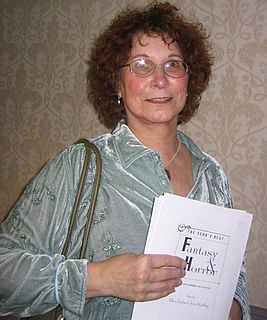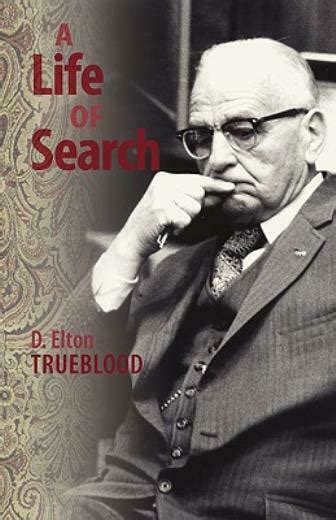A Quote by Joan D. Vinge
Studying anthropology, I developed a kind of holistic view of human existence, in which the dichotomies you listed are all necessary and vital aspects of life.
Related Quotes
Paganism is that view of life which finds the highest goal of human existence in the healthy and harmonious and joyous development of existing human faculties. Very different is the Christian ideal. Paganism is optimistic with regard to unaided human nature, whereas Christianity is the religion of the broken heart.
In some central and important cases, ... the existence of specific power relations in the society will produce an appearance of a particular kind. Certain features of the society that are merely local and contingent, and maintained in existence only by the continual exercise of power, will come to seem as if they were universal, necessary, invariant, or natural features of all forms of human social life, or as if they arose spontaneously and uncoercedly by free human action.
The need for mythic statements is satisfied when we frame a view of the world which adequately explains the meaning of human existence in the cosmos, a view which springs from our psychic wholeness, from the co-operation between conscious and unconscious. Meaninglessness inhibits fullness of life and is therefore equivalent to illness. Meaning makes a great many things endurable - perhaps everything.
Once we begin to feel deeply all the aspects of our lives, we begin to demand from ourselves and from our life-pursuits that they feel in accordance with that joy which we know ourselves to be capable of. Our erotic knowledge empowers us, becomes a lens through which we scrutinize all aspects of our existence, forcing us to evaluate those aspects honestly in terms of their relative meaning within our lives. . . .
If you study Japanese art you see a man who is undoubtedly wise, philosophic and intelligent, who spends his time how? In studying the distance between the earth and the moon? No. In studying the policy of Bismarck? No. He studies a single blade of grass. But this blade of grass leads him to draw every plant and then the seasons, the wide aspects of the countryside, then animals, then the human figure. So he passes his life, and life is too short to do the whole.
Society is the true sphere of human virtue. In social, active life, difficulties will perpetually be met with; restraints of many kinds will be necessary; and studying to behave right in respect of these is a discipline of the human heart, useful to others, and improving to itself. Suffering is no duty, but where it is necessary to avoid guilt, or to do good; nor pleasure a crime, but where it strengthens the influence of bad inclinations, or lessens the generous activity of virtue.
Our own theory is that sin was ordained only in view of redemption, and that accordingly redemption shows forth as the gain bound up with sin; in comparison with which there can be no question whatever of mischief due to sin, for the merely gradual and imperfect unfolding of the power of the God-consciousness is one of the necessary conditions of the human stage of existence.
The purpose of the present study is not as it is in other inquiries, the attainment of knowledge, we are not conducting this inquiry in order to know what virtue is, but in order to become good, else there would be no advantage in studying it. For that reason, it becomes necessary to examine the problem of our actions and to ask how they are to be performed. For as we have said, the actions determine what kind of characteristics are developed.



































